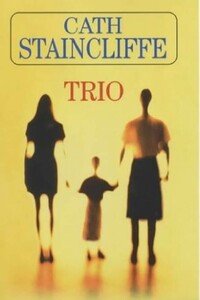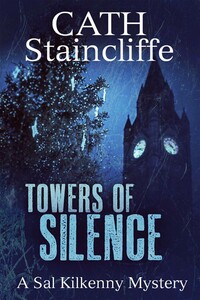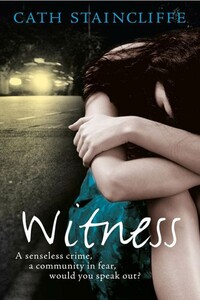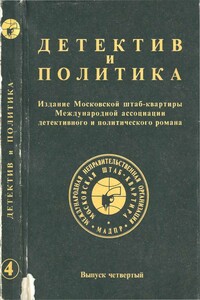Neil had been dead for sixteen days and we still hadn’t been able to make the funeral arrangements because the coroner’s office hadn’t released the body. The whole country baked in a heatwave. I barely slept, barely ate, close to nausea much of the time. But the warm nights meant I could roam about the house or my workshop and wait for sunrise. I’m an interior designer; my workshop is a converted double garage at the side of the garden. Most of the work I did myself: insulating the roof, dry-lining the walls and laying the floor, though I got contractors in to sort out the plumbing and electricity. I’ve a free-standing stove at one end that heats the place perfectly in winter.
The part nearest to the drive is an office and meeting area. Clients occasionally come to the workshop to check me out or go over some ideas. The rest of the space is for practical work, drawing table and plans chest, a messy area where I can experiment with paint and other materials: cork, plastics, ceramics. There are shelves lined with reference books and folders stuffed full of research. Some of the books I’ve had since university; others I acquired for particular projects, like the huge volume of nursery rhymes that I return to again and again when I’m considering children’s rooms, or the Gardens of Egypt tome I’d bought when working for a couple who’d met at the Pyramids and wanted an outdoor room with the flavour of the Nile.
The length of the workshop that looks out on to the garden is all sliding glass doors, which gives me the natural light I need. There are plain hessian curtains for days when I want to shut out the sun’s glare. I set it up the year I launched the business. I’d spent fourteen years working for a big design agency, mainly on corporate contracts: hotel chains and supermarkets. It involved more work away from home than I liked and less variety. I didn’t get much holiday, and although Neil’s teaching job meant he was available to look after the children in the school holidays, I wanted more flexibility.
It was a risk going self-employed but I knew if I crashed and burned we’d still have Neil’s salary. We wouldn’t starve. Accepting that productivity would come ahead of creativity until I’d established a reputation, I said yes to all comers. As it was, I struck lucky. One of the clients I’d worked with at the agency had heard I was going solo and recommended me to his boss, who had just won the contract for a new community hospital on the outskirts of Manchester. It involved me designing everything from the colour-coded seats in reception areas to the napkins for the meals service and the pictures on the walls. Eighteen months’ work. After that I could pick and choose, and I built a portfolio of very different projects: hair salon, fusion restaurant, sixth-form college, as well as domestic jobs, refurbishments, loft conversions and the like.
So, sixteen days after his death and I’d spent the early hours in my workshop, awake but eyes closed to rest them, my mind lurching about like a drunk on a dance floor. Avoiding the quicksands of sleep.
At seven I went into the kitchen and made a cup of tea. Adam had stayed with friends, or so he said, but Sophie came down, got her lunch ready and left for school. She was very quiet and resisted my attempt to make conversation, returning only shrugs or monosyllables. This wasn’t like Sophie but perhaps the silence gave her solace. In the aftermath of Neil’s death someone had mentioned bereavement counselling to me: they offered it for children nowadays. If Sophie couldn’t talk to me about her dad then perhaps she’d appreciate doing so with someone else.
I thought back to how my own mother had handled it when my dad drowned. Not very well. I was nine. We were on holiday, staying in an apartment in Mumbles on the Gower Peninsula. She sat me and my brother Martin down and told us in very simple terms what had happened: Daddy was missing. He’d been for a swim and must have got out of his depth. He wasn’t a particularly strong swimmer and might have misjudged the tides or the current. He had left his clothes on the beach. I imagined them neatly folded, the grey and yellow check poplin shirt, grey shorts, covered with the striped blue towel. His watch in the pocket of his shorts. They recovered his body eight days later. Martin got his watch. I didn’t get anything.






